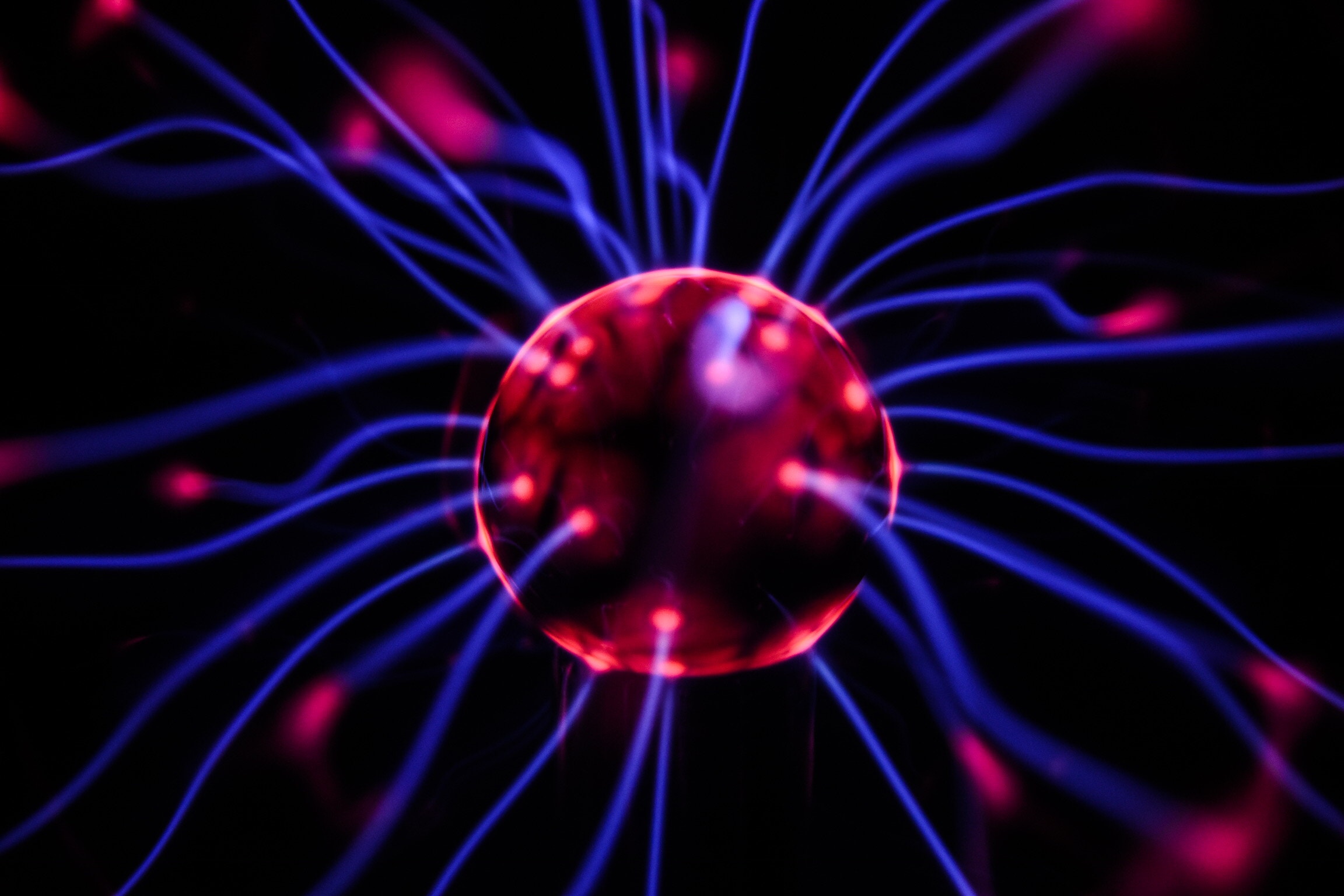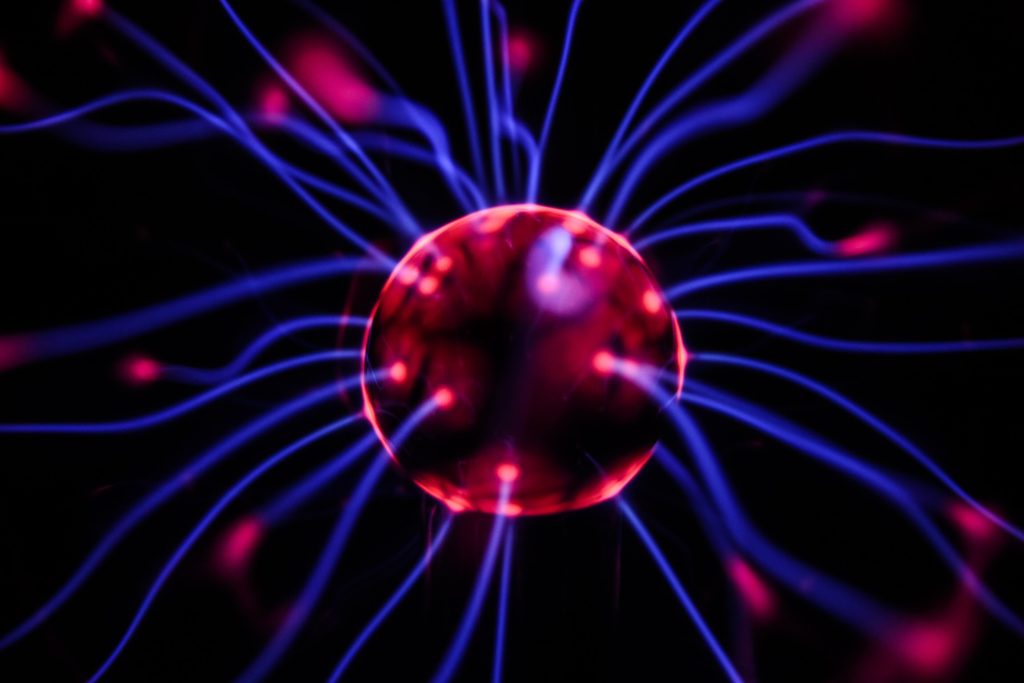

For most people the question we run into at Master Lu’s Health Center in Salt Lake City about acupuncture is how does acupuncture work? Chinese medicine has developed over the past 3000 years. Because Chinese medicine is so old there are many esoteric terms or terms that our modern Western minds have difficulty grasping. There are terms such as wind, dampness, phlegm, blood stasis, and qi. There are syndromes such as liver and spleen disharmony, kidney yin deficiency, taiyang disharmony, and taiyin qi deficiency. Only Chinese medicine trained practitioners would understand such terminology. So how do equate all of this with modern research and terminology?
Recently. there has been more research done on acupuncture. Researchers have found different mechanisms how acupuncture works. One of the main mechanisms how acupuncture works according to research is that it will act on the pain and will release different chemicals, hormones, and neurotransmitters such as endorphins. Acupuncture has also been shown to improve blood flow and circulation. The physiological mechanisms of how acupuncture works will facilitate your body to heal itself.
Below are some research articles and abstracts on acupuncture works according to modern research. There are several different ones. I highlighted a few articles below. If you or anyone you know would like to use acupuncture and Chinese medicine as part of their health care and naturally improve health and wellness please call Master Lu’s Health Center anytime.
The Effects of Acupuncture on Cerebral Blood Flow in Post-Stroke Patients: A Randomized Controlled Trial, Published in Journal of Alternative and Complementary Medicine https://www.ncbi.nlm.gov/pubmed/26569545
Correlation between acupoints and corresponding brain cortices using functional MRI, published in The Proceedings of the National Academy of Sciences: http://www.pnas.org/content/95-5/2670.short
Ovarian Blood Flow Responses To Electro-Acupuncture Stimulation at Different Frequencies and Intensities in Rats, published in Autonomic Neuroscience: Basic and Clinical: https://www.ncbi.nlm.nih.gov/pubmed/14614964
Effext and Mechanism of Acupuncdture on Grastrointestinal diseases. Published in International Review of Neurobiligy: https://www.ncbi.nlm.gov/pubmed/24215928
Relationship Between Regional Mast Cell Activity and Peripheral Nerve Discharges During Manual Acupuncture Stimulation of “Zusanli” ( ST 36), Published in Acupuncture Research https://www.ncbi.nlm.nih.gov/pubmed/23819213
Electroacupuncture Promotes the Regeneration of Different Fibers in Rat’s Tibial Nerve, Published in Acupuncture Research: https://www.ncbi.nlm.nih.gov/pubmed/7923723
Electroacupuncture for Reproductive Hormone Levels in Patients with Diminished Ovarian Reserve: A Prospective Observational Study, Published in Acupuncture in Medicine https://www.ncbi.nlm.nih.gov/pubmed/26964178
Effect of Electroacupuncture at Different Acupoints on Hormones and Neurotransmitters of Hypothalamic Pituitary Adrenal Axis in Rats in Simulated Weightlessness, Published in Chinese Acupuncture and Moxibustion: https://www.ncbi.nlm.pubmed/26964178
Functional MRI Study About How Acupuncture Changes Brain’s Perception and Processing of Pain Signals, Published in Science Daily, Featured in Acupuncture Today http://www.acupuncture.com/newsletters/m_jan11/acupuncturebrain.htm
Electroacupuncture Reduces the Effects of Acute Noxious Stimulation on the Electrical Activity of Pain-Related Neurons in the Hippocampus of Control and Neuropathic Pain Rats, Published in Neural Plasticity https: www.ncbi.nlm.nih.gov/pubmed/27833763
